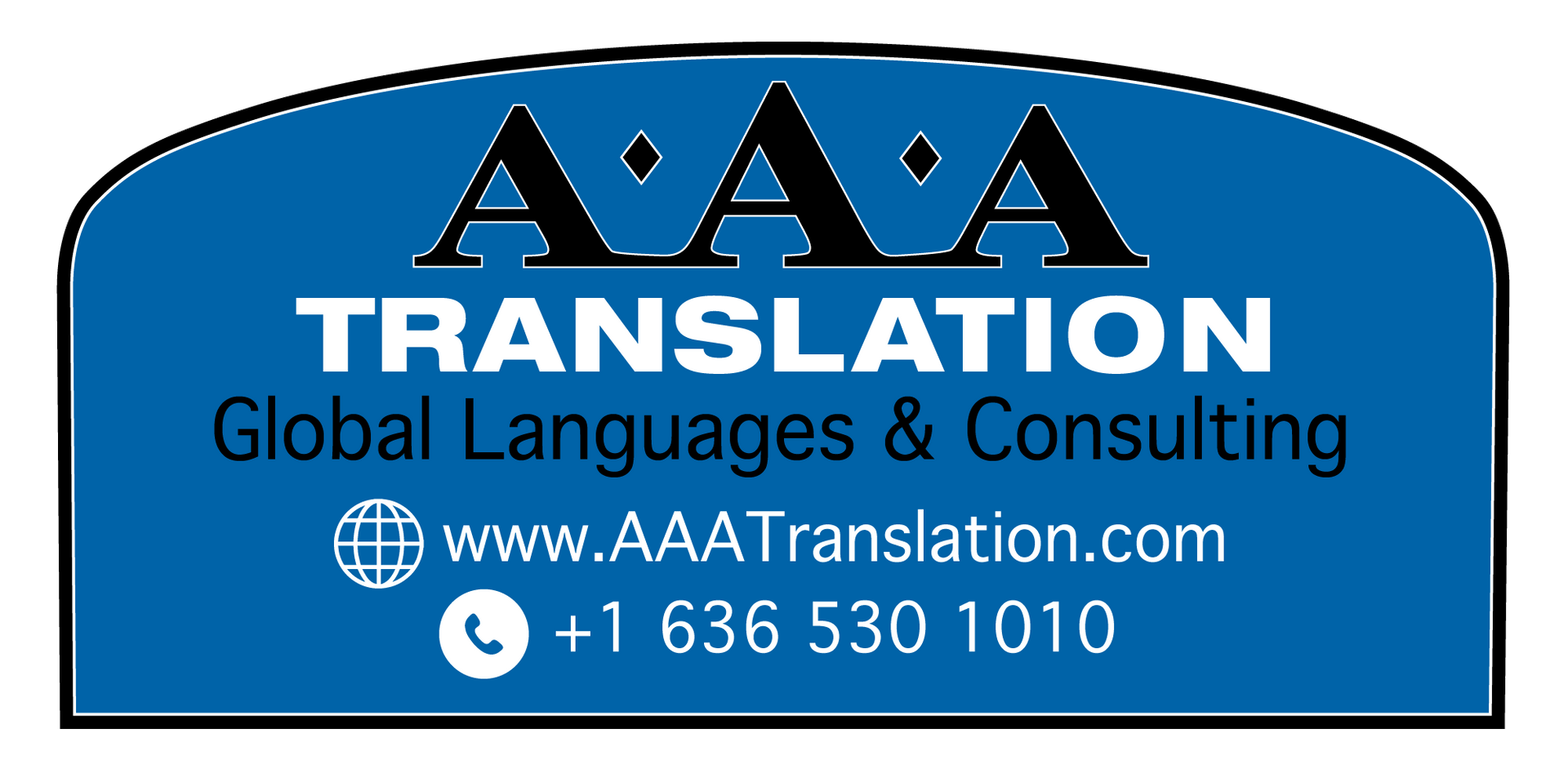Accurate Translation of Pet Food Labels Matters: Global Examples
The pet food industry is a multi-billion-dollar global market, with brands expanding into diverse regions to reach pet owners worldwide. Consequently, language barriers and cultural differences can create significant challenges when translating pet food labels. A small mistranslation can lead to regulatory issues, consumer confusion, and even pet health risks. Professional translation and localization are essential across global markets for a number of important reasons:
- Pet Safety - Clearly Understanding Ingredients: Directly translating ingredients without consideration for terms used in each culture could lead to damaging misunderstandings. For example, in the United States, "chicken meal" is a common ingredient in pet food, referring to rendered chicken meat and bone. However, a direct translation into French as "repas de poulet" could mislead French consumers into thinking it refers to a prepared meal rather than a pet food ingredient.
- Regulatory Compliance - Meeting Different Standards Worldwide: Each country enforces distinct labeling laws for pet food. In the European Union, labels must comply with FEDIAF (European Pet Food Industry Federation) guidelines, requiring clear declarations of additives, vitamins, and mineral content. In contrast, Japan’s pet food regulations emphasize detailed nutritional breakdowns, meaning a direct translation from English could lead to non-compliance. A UK-based pet food company entering the Japanese market must ensure its labels adhere to local requirements or risk product recalls and legal penalties.
- Cultural Differences in Pet Care - Building Consumer Trust: Cultural attitudes toward pet care vary by region. In Germany, many pet owners prefer organic, natural, and holistic pet food options. A brand marketing "all-natural" pet food in Germany needs to be cautious with its translations, as certain terms like "organic" ("biologisch") are strictly regulated. In Brazil, pet food advertisements often highlight high-protein content, as local consumers prioritize muscle-building nutrients for their pets. Translating marketing materials without cultural adaptation could result in messaging that does not resonate with local buyers.
Avoiding Ethical and Legal Risks: A Hypothetical Translation Error
Imagine a pet food company expanding into South Korea and translating "beef and vegetable mix" directly into Korean without localization. Due to linguistic nuances, the phrase could be misinterpreted as "beef with mixed vegetables for humans," misleading consumers into thinking the product is suitable for human consumption. This could lead to regulatory pushback, consumer complaints, and potential legal action. This example underscores the necessity of professional translation services to ensure clarity, accuracy, and cultural relevance in pet food labeling.
Enhancing Market Success: Adapting to Local Preferences
Localization extends beyond words—it includes imagery, colors, and even packaging formats. In Mexico, pet food brands often highlight flavors like "carne asada" (grilled meat) or "pollo rostizado" (roast chicken) to appeal to local tastes. In contrast, Scandinavian countries prioritize sustainability; labels emphasizing eco-friendly packaging and ethically sourced ingredients perform better. Adapting labels and marketing strategies to fit these cultural nuances ensures a stronger market presence and increased consumer loyalty.
Partner with AAA Translation
At AAA Translation, we understand that the proper translation and localization of pet food labels are critical for pet safety, regulatory compliance, and consumer trust. The pet industry’s global reach means that brands must carefully consider linguistic, cultural, and regulatory factors when expanding into new markets.
Investing in expert translation services ensures accurate messaging, legal compliance, and a competitive edge in diverse regions. Brands that prioritize professional localization will not only avoid costly mistakes but also foster stronger relationships with pet owners worldwide - no matter the language.
Our clients say it best:
“Everything was great, thank you so much! Our group loved your Spanish interpreter, and she was a lifesaver!
Thanks again for your last minute help”
~ Happy AAA Translation Client

